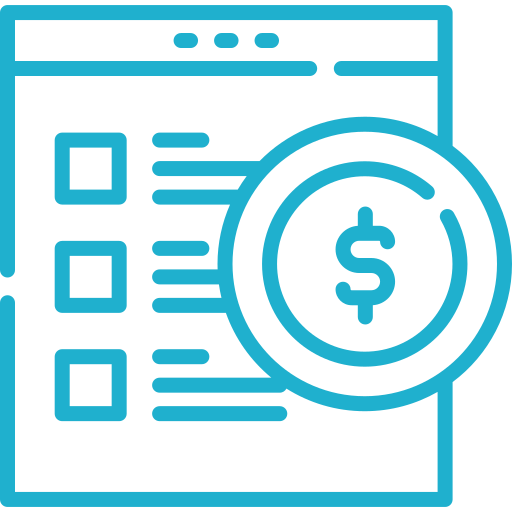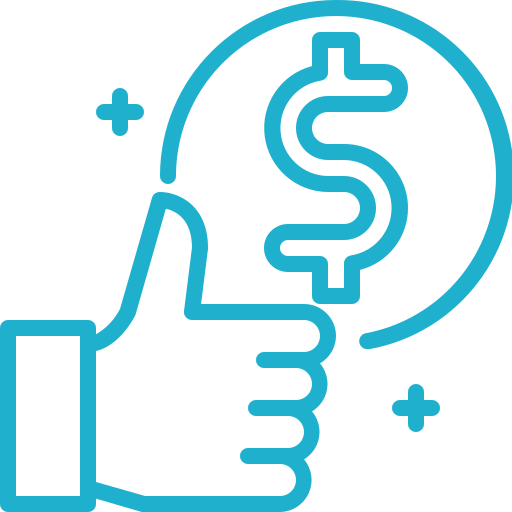
Our AHPRA registered Australian doctors specialise in natural integrative therapies to help treat a range of chronic conditions.
We offer convenient Telehealth phone consultations nationwide from anywhere in Australia.

Trusted by Over 10,000 Australian Patients

Highest Rated
Australia's highest rated online natural therapies clinic already serving more than 10,000 patients across Australia via telehealth.

No Hidden Fees
No unexpected shipping and dispensing fees. No administrative application fees. Our service pricing is fully transparent.

Guaranteed RRP
You won't be charged hidden dispensing fees or pay above Recommended Retail Price (RRP) for your treatment.

Patient Portal
Access to our patient portal to help inform and manage your treatment online all in one place. Manage bookings on your terms.
How it Works
If your chronic condition fails to respond to standard treatments, natural integrative therapies may help manage your symptoms and improve your quality of life.
1. Book Consultation
Click the Book Consultation button to book a phone appointment with one of our doctors who specialize in natural integrative therapies.
2. Assessment
Our doctor will call you at the scheduled appointment time to discuss suitability and if appropriate, a suitable treatment plan.
3. Treatment
Our partner pharmacy can deliver straight to your door. Regular follow-ups are arranged to monitor your treatment.
Suitability Questionnaire
Take our free questionnaire to see if you may be suitable.
Frequently Asked Questions
What are natural integrated therapies and are they legal in Australia?
Natural integrated therapies or alternative medicine refers to any practice that aims to achieve the therapeutic effects of medicine despite lacking biological plausibility, testability, repeatability or evidence of effectiveness. All doctors working at Australian Access Clinics are AHPRA registered, fully insured doctors based in Australia who must adhere to strict clinical standards set out by their governing bodies.
What happens if I receive an online prescription?
If the doctor provides an online prescription, it is sent to the pharmacy for dispensing. The pharmacy can deliver the medication to your door usually within a day or two.
What conditions are natural integrated therapies used for?
Natural integrated therapies can be used for a wide range of conditions and symptoms as an alternative or adjunct therapy to conventional treatments. These can include chronic pain management, sleep disorders, regulation of stress and emotional state, digestion, inflammation, and other health concerns. Please note there is no guarantee that these therapies will help with your symptoms. Please speak to your doctor to learn more or give us a call to discuss further.
How long will it take for the doctor to call me?
Once you’ve booked in a consultation for a specific time, the doctor will aim to call you at the time scheduled. However as with all doctor appointments, there may be a delay as some appointments can run longer than others. The doctor may call from a Private Number so if your phone is set to block these, please update your phone settings before the time of your appointment. If you would like to change or cancel your appointment, please click on the Appointment link in your confirmation email.
How much does a visit to Australian Access Clinics cost?
Initial consultations are billed at $150 and follow up consultations are $75.
How much do natural integrative therapies cost?
An initial consultation with our doctors costs $150. Follow up appointments to monitor and adjust your treatment plan cost $75. If you are prescribed medication, it may not be listed on the Pharmaceutical Benefits Scheme (PBS) and appointments are not covered by Medicare. Cost can vary greatly depending on the dosage and type of treatment prescribed.
Where do I fill my prescription if my treatment includes medication?
Australian Access Clinics does not have any medication on site. Our doctors will arrange for any medication prescribed to be delivered to you through our preferred pharmacies that don’t charge extra dispensing fees and guarantee you pay the recommended retail price (RRP). If you wish to use your own pharmacy, we cannot guarantee the same RRP pricing, fast shipping and overall smooth experience as many pharmacies may not be familiar with the process.
Are there possible side effects?
Similar to many treatments, patients may experience side effects. Please consult with your doctor regarding possible side effects and what steps should be taken if you experience anything unexpected during treatment.
Do you offer Telehealth?
Yes we do. In fact, we only offer Telehealth as we are an online-only clinic so our doctors consult with patients nationwide via telephone only.
Can I attend a face to face appointment?
At the moment, we are only seeing patients via telehealth (phone appointments) so face to face appointments are not available at this time.
Am I guaranteed a prescription?
Treatments are at the doctor’s discretion. As with all other doctor appointments, you are not guaranteed a prescription when booking an appointment. However, if deemed ineligible, your appointment will be refunded.
Telehealth Appointments Available
Please note we are currently only offering telehealth phone appointments at the moment. We are not able to offer face to face consultations at this time.
Contact us
Have a question? Get in touch below.
Referring Patients
Having helped over 10,000 patients, we are committed to collaborating with treating physicians to help patients that have exhausted conventional therapies manage their symptoms through natural integrative therapies.
Our team of doctors and staff work to ensure that patients receive the best possible medical care in this field. If you have any patients who you think may be suitable for an assessment please get in touch and we will send you a patient referral form.
ACC is actively seeking new physicians to join our team of leading experts in this field. A great opportunity to practice in a unique and evolving field of medicine, our team will manage the administrative burden and allow you to focus on patient care. Get in touch for more details at [email protected]
